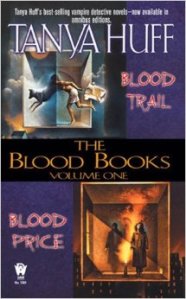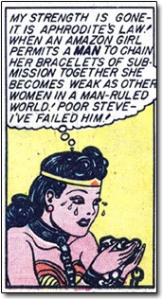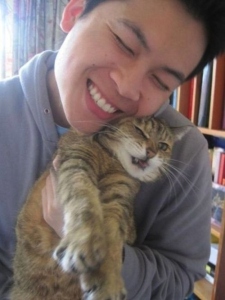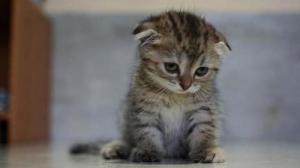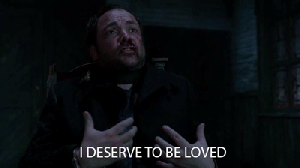 Here we have a geek book. The main characters are geeks, the plot revolves around playing video games, and the book is packed with geeky pop culture references. I’m somewhat geeky and like a handful of video games, but I’m no gamer, so I was worried that this book would go over my head and/or be boring. So, did I like it?
Here we have a geek book. The main characters are geeks, the plot revolves around playing video games, and the book is packed with geeky pop culture references. I’m somewhat geeky and like a handful of video games, but I’m no gamer, so I was worried that this book would go over my head and/or be boring. So, did I like it?
I did. I was a tad worried at first, but I put on my +1 Helmet of Geekdom, dove in, and had a fun time. I finished this book in three nights/reading sessions.
The book is set in the not-too-distant future, where civilization is swirling around the drain. Climate change, overpopulation, and war have have all stacked up to make life shitty. Unemployment is high, people are crammed into slums everywhere, and natural resources are stressed. To avoid reality, people turn to OASIS, a global, immersive virtual reality game. People go to school in OASIS, work in OASIS, and some live the majority of time in the game. This is true of the main character Wade, aka Perzival.
Like many others, Wade lives and breathes OASIS. So when Halliday, the game’s creator, dies and announces that the winner of a puzzle/hidden teasure contest in the game will inherit his fortune and position as owner of OASIS, Wade is eager to win. Of course, so are thousands of other OASIS players. And an evil corporation.
The contest stretches for years, with all but the most die-hard players like Wade giving up. Then Wade discovers the first clue and the race is on.
Sure, there were some references I didn’t get, and the plot was very predictable, but I was still very entertained. It made me want to go hop on a video game and beat some boss-monsters. It also made me seriously think that it would be a good movie, and sure enough, a movie adaptation helmed by Steven Spielberg is supposedly in the works.
I do think the plot could’ve been a tad deeper, and a lot of the pop culture references weren’t exactly necessary, but this was a fun book. If you have any interest in video games, D&D, or cult pop culture, I recommend you read it.
Rating: 9/10



